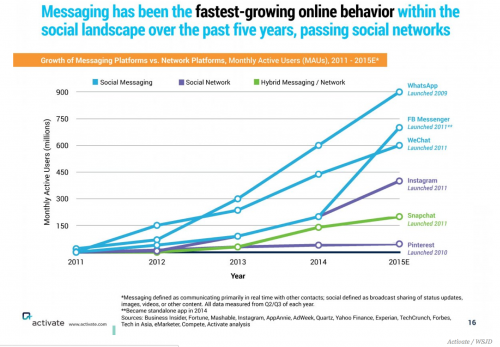Did you feel a shift in global Crisis Communications this week? How is your organization, community and country preparing for how citizens receive and use emergency messages? People will use what they know and on platforms with their trusted networks. For 1 billion people, this may very well be Facebook with their Safety Check Feature. Facebook has some policies to refine, a plan for SMS outbound messages/Messaging systems and some good will to build with responsible data. All in good time. I’m sure they are on the case now. But, in general, we need to think globally. What are the trusted platforms/communications methods in which areas of the world and what does this mean for crisis communications?
Living in Qatar has been an experience in reconsidering the “majority” world use of communications. As noted in my Report from the Qatar Red Crescent Disaster Management Camp, participants used social media but WhatsApp was their primary tool. I’m part of the Social Computing team at Qatar Computing Research Institute. We are researching to use machine learning and human computing during humanitarian emergencies. This is currently using Twitter data, but in Qatar, Twitter is the less prominent tool for interactions. The Northwestern report on MENA Media Use 2015 really highlights these differences. Emergency managers are still trying to adapt to Social Media incorporated into their workflows. How will the next stage of online communications change emergency response?
Think Again: Tech and Media Outlook 2016 (Michael Wolf)
Last week Michael Wolf shared this comprehensive analysis on the future of communications and media. Planning means seeing these changes and adapting your global and local crisis communications strategies. For example, Michael Wolf notes in his presentation, Messaging will surpass online communications by 2018. Facebook has a partial corner on this market with WhatsApp:
Perhaps this is where Digital Humanitarians can help with training in local communities to be “CERT” for online help. One idea I’ve been considering is a Digital Humanitarian programme of Online Messaging Ambassadors existed in civic technology spaces around the world (Labs, hubs, technical spaces and coworking spaces). One thing is for certain, the shift means that planning is needed. From a research point of view, we simply don’t have visibility into how people use Messaging for response. We have qualitative examples, but with a closed system (rightfully so), it is hard to make conclusions on use and effectiveness.
